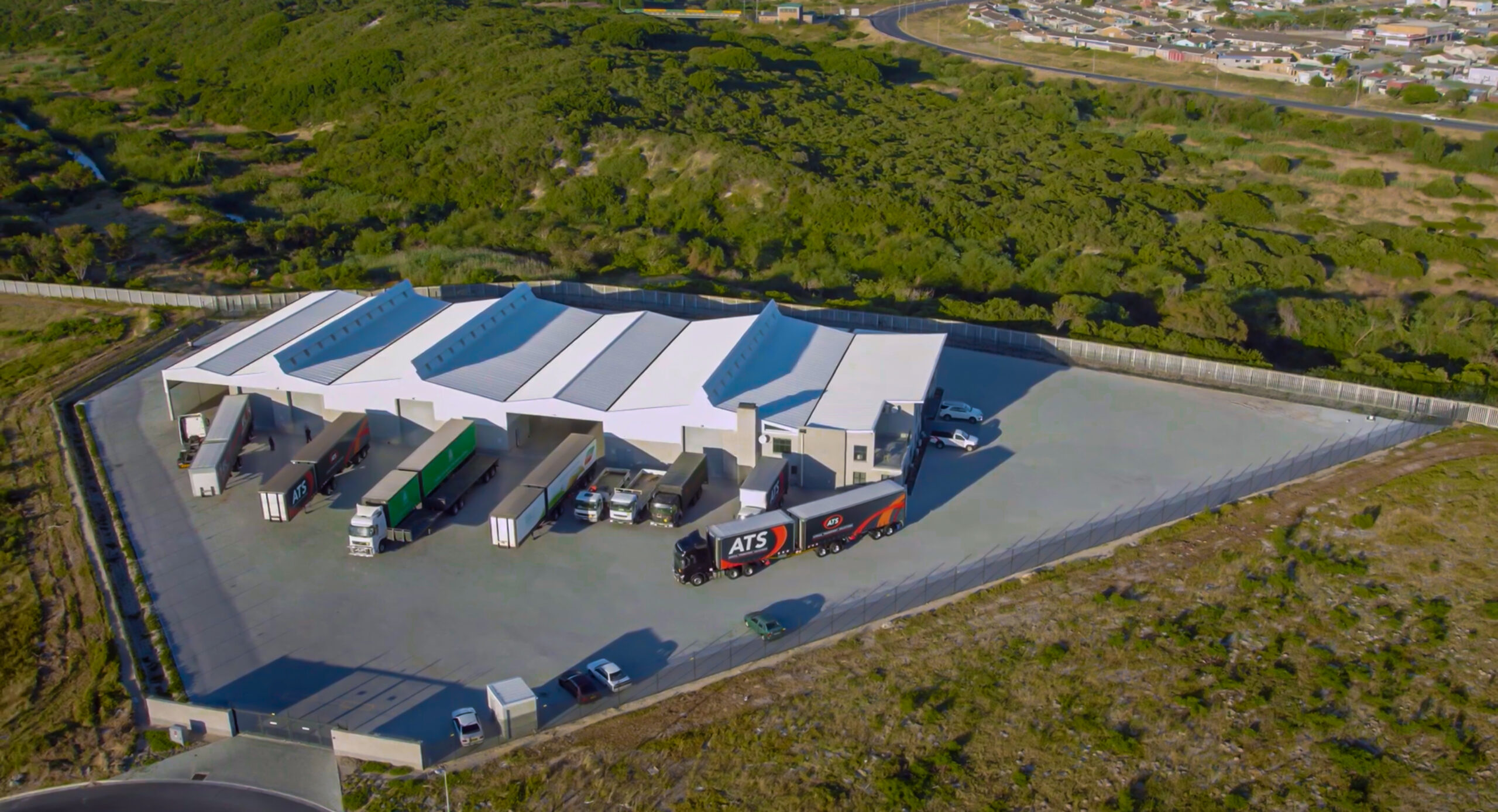
Efficient supply chains require harmony between supply input and finished goods output. That’s why businesses increasingly depend on inbound outbound logistics experts to manage every link in their operations—from raw material delivery to final product distribution. In South Africa, where manufacturers, importers, and wholesalers work across provincial and national lines, this expertise makes the difference between operational excellence and costly delays.
Inbound logistics refers to the flow of materials and products from suppliers to manufacturers or storage points. Outbound logistics handles the movement of finished goods to wholesalers, distributors, or end customers. Professionals in this space balance both sides—ensuring that what comes in fuels production on time and that what goes out meets customer expectations. Logistics experts design workflows that eliminate downtime, control transport costs, and ensure real-time visibility across inventory and delivery points.
Synchronizing inbound and outbound logistics minimizes bottlenecks, reduces overstocking or understocking, and supports just-in-time inventory. Experts map supplier lead times, optimize carrier selection, schedule deliveries, and monitor turnaround cycles. On the outbound side, they manage order batching, route planning, proof-of-delivery, and return processing. With this full view of supply and demand, businesses reduce cost per delivery and improve service levels.

Central to this process is a strong warehouse ecosystem. Logistics experts design warehousing strategies that support seamless handoffs between inbound receipts and outbound shipments. They implement inventory control systems that track goods by barcode, expiration date, batch number, and demand forecast. Clients gain the ability to automate replenishment, minimize waste, and fulfill more orders without increasing space or staffing.
Inbound logistics often requires close coordination with multiple vendors, both local and international. Experts monitor supplier reliability, schedule receiving times, and resolve documentation errors before they disrupt production. This proactive management avoids costly downtime and builds resilience into your supply chain. For businesses sourcing globally, experts also handle import clearance, duty assessments, and bonded storage.
On the outbound side, logistics experts ensure clients have full visibility into every shipment. From automated customer notifications to live tracking links and cloud-based delivery confirmations, transparency becomes a competitive advantage. Customers know where their goods are, what condition they’re in, and when they’ll arrive. This level of service builds trust and improves customer retention.

As businesses grow, logistics complexity increases. A skilled inbound outbound logistics expert ensures that new suppliers, more SKUs, and expanding distribution zones don’t create chaos. They build scalable frameworks, integrate with supply chain software, and support growth into new provinces or countries. With their support, logistics becomes a growth enabler—not a bottleneck.